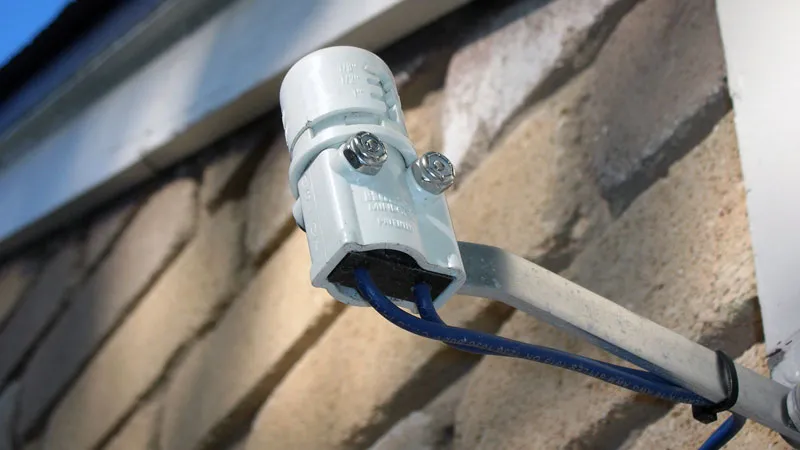Imagine being at a restaurant, enjoying a meal with a glass of water as your drink. Now imagine that your server adds water to your glass, even though your glass is already full. The water spills over onto the table and eventually puddles down on the floor. The logical thing to do is to fill the glass only when it’s needed, but instead, every few minutes more water in poured into an already full glass. Seems pretty crazy, doesn’t it?
This may seem like a far-fetched scenario, but this analogy is exactly what some homeowners are doing when they over irrigation their lawns in the rainy season. Living in a climate where drought is common, homeowners shouldn't have to rely on memory for when to use their sprinkler system. What we should be doing is irrigating when there is a need for water. It’s better for your lawn, the environment, and your wallet - and the new weather sensors allow just that!
In Gainesville, we’ve arrived at the time of year where near-daily rainfall is the norm and afternoon thundershowers can be relied on like clockwork, and in Florida it’s been a neccessity that every irrigation system have a rain sensor device installed to prevent an irrigation system from coming on when adequate rainfall has occurred.
Rain sensors automatically shut off your system, which saves your water as well as problems in your landscape such as fungus and disease from over-watering. The sensors also continue to suspend automatic watering until the sensor disc has dried out. The disc is set to dry out at approximately the same rate as the soil. So, depending on the amount of rain we get and the sensor setting, your system could be off from just a day to 3 days or more if it continues to rain.
The benefit of it acting like your landscape soil is that it doesn't only turn the system off when it's raining. If it rains heavy at 5pm this afternoon, but the soil is still wet in 2 days when the irrigation is scheduled to turn on, it won't let it waste the water.
You could easily save hundreds of dollars per year with a proper working rain sensor. Many city and municipal water supplies also charge by the gallon for sewer at a higher rate than the initial water usage, so this really more than doubles your water bill.
If you have a rain sensor, make sure to have it tested to make sure it’s working properly. New rain sensors are affordable and typically pay for itself within a few months of use. If you need assistance, our certified irrigation techs are here to help. Give us a call at 352-378-5296.
Related posts:
4 Common Irrigation issues to watch for
Smart Irrigation Month - 3 Tips to Increase Watering Efficiency


